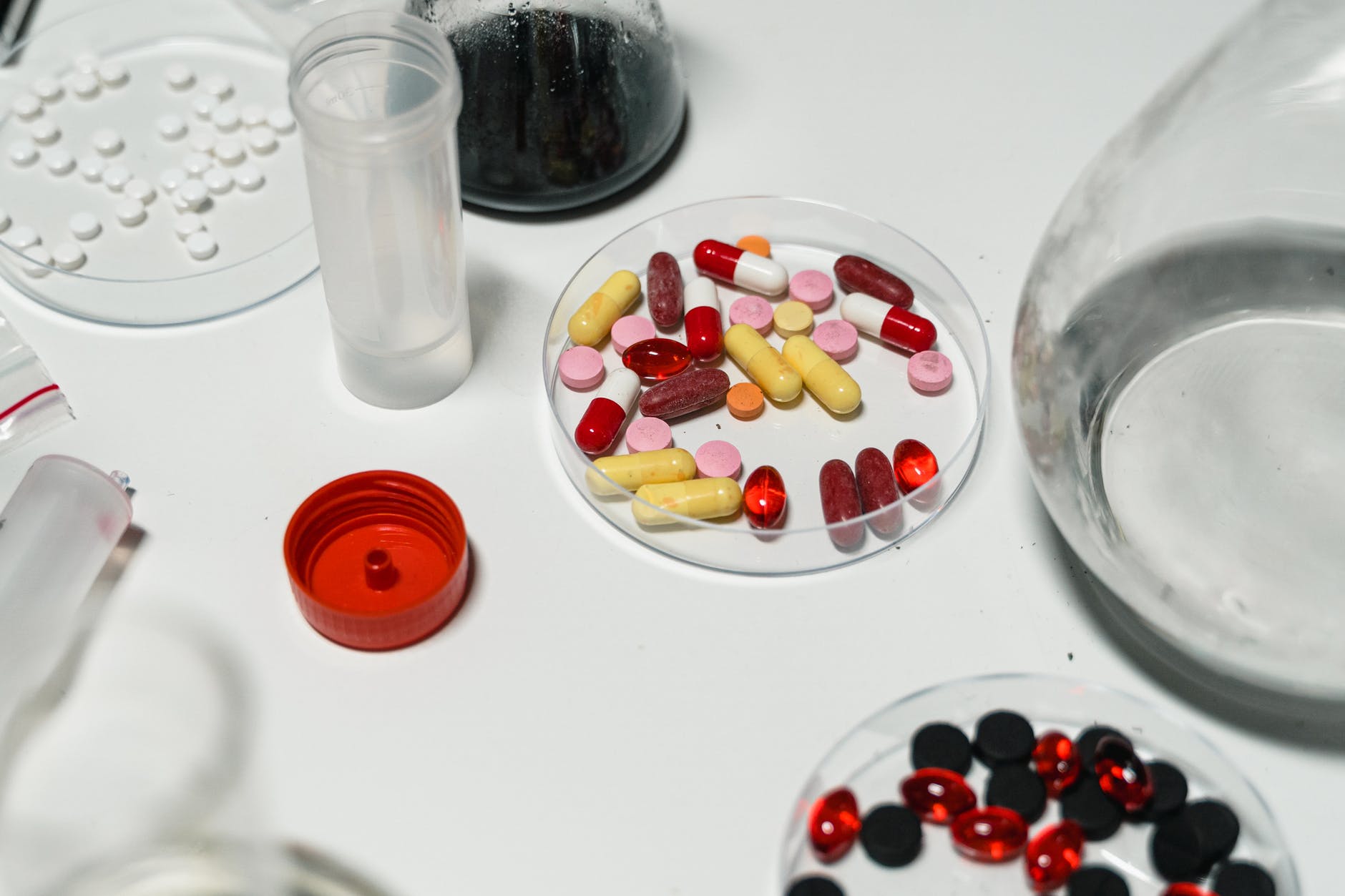
Drug Addiction
Do you struggle to keep up with a healthy schedule during addiction recovery? Adherence to drug rehabilitation schedules is essential to prevent patients from relapsing or experiencing severe alcohol or drug overdose that could lead to death.
The National Center for Health Statistics of the Centers for Disease Control and Prevention (CDC) reported about 107,622 deaths from a drug overdose in the United States in 2021, a 15% increase from 93,655 deaths in 2020. For this reason, rehabilitation centers play an essential role in addiction treatment.
This article teaches how a person with a drug addiction problem can develop and maintain a healthy schedule during addiction recovery.
Addiction recovery is a challenging process that requires a lot of effort and dedication. It’s essential to have a healthy schedule during addiction recovery. A healthy routine helps you stay focused, motivated, and disciplined, which are crucial for successful recovery. The West Covina Detox Center has effective programs that can help you develop and maintain a healthy schedule.
Know Your Options
You must determine your options to encourage yourself to develop and maintain a healthy schedule during addiction recovery. The more you’re aware of the activities you need to do and the time you must commit, the more you’re likely to follow the schedule and the things expected from you. If a schedule or program doesn’t meet your needs, there’s a high chance of non-adherence to the schedule and relapse.
Many rehabilitation centers offer inpatient and outpatient services for alcoholism, heroin addiction, cocaine addiction, and other addictions. Learn more about alcohol and drug rehabilitation services at jacksonhouserehab.com.
An outpatient rehabilitation treatment is suitable for people with mild substance abuse problems. They’re determined to get sober and highly motivated to end their addiction to alcohol or drugs.
Moreover, these individuals need the flexibility of outpatient rehab programs, working around their schedules, allowing them to enjoy the freedom of caring for family and working while recovering.
Outpatient rehabilitation has different categories, and the category a patient belongs to depends on the stage of recovery or the addiction severity. They’re as follows:
- Day Programs
This outpatient rehabilitation category has the highest level of care, requiring a considerable time commitment. Patients meet five to seven days weekly for several hours daily at an outpatient facility and return home. Hence, this outpatient rehabilitation can limit time for school or work until the patient completes the program.
During day programs, patients participate in group counseling, ongoing therapy, biofeedback, art therapy, music therapy, and more.
- Intensive Outpatient Programs (IOP)
IOPs require multiple sessions, but unlike day programs, they only require a few hours weekly. This outpatient rehabilitation aims to create a treatment plan that progresses with corresponding measurable milestones. The time commitment decreases weekly as the individual meets these milestones. IOPs are suitable for individuals who want to abstain from their addictions but still need to perform work and activities of daily living.
- Continuing Care
Alcoholics Anonymous or Narcotics Anonymous are examples of continuing care groups that provide ongoing support resources to help individuals strengthen their commitment to sobriety. They are typically facilitated by a licensed therapist and meet weekly. Some continuing care groups may be gender-specific or age-specific, and others may focus on a particular aspect of recovery.
Develop A Consistent Sleep Routine
Developing a daily routine is crucial during addiction recovery, especially regarding sleep schedules. Experts highly recommend sleeping for at least eight hours daily.
Lack of restful sleep can lead to health problems, such as high blood pressure and other physical manifestations. Anxiety and depression may also arise from lack of sleep. Therefore, make sure to develop a healthy habit of getting adequate sleep at night.
Proper time management can help you attain this goal. Set a time for personal care, reading a book, watching television, and other activities you need to do in a day. Setting the alarm before you sleep can help ensure you wake up at the same time every day and develop a healthy sleep and wake-up routine.

Drug
Plan Your Meals
A vital aspect of meal planning is buying nutritious foods at the supermarket and preparing healthy meals. Set a time to do these things to nourish your body and mind with healthy food. Nutritious foods can give you the energy to perform other activities and make smart decisions daily.
If you’re too busy attending day programs, you can order healthy foods from meal delivery services. Choose a meal delivery company or food subscription box that offers nutritious food menus. Review customer testimonials and check credentials on the company’s website.
Choose Sober Hobbies
Sobriety is a decision. Find sober hobbies and choose new friends who will be a good influence on you. Sober hobbies may include sports such as basketball, badminton, or fun runs. You can join a group of sober artists, like musicians, painters, sculptors, writers, and others.
Don’t hesitate to reach out to your family. Express your desire to make new, good memories by taking a family vacation or having a weekly backyard picnic to bond, help reduce stress, and share stories. Moreover, you can set a time or schedule to attend religious gatherings, join tree planting, charity work, and other social and environmental causes.
Leverage Mobile Technology
Mobile technology, including apps and social media, can encourage people with addiction to be more aware, responsible, and accountable. Technology can help them develop and maintain a healthy schedule during outpatient treatment.
In an article published by the American Addiction Centers (AAC), mobile apps can be used as tools for successful addiction recovery. Recovery mobile apps provide the wisdom of different addiction programs available wherever they go. These apps encourage people with addiction problems to maintain sobriety by providing insightful and inspiring passages daily.
Some apps offer audio meditations, easy-to-follow exercise videos, and daily affirmations to boost a positive mindset. You can find and join support groups and 12-Step or other recovery meetings using recovery mobile apps.
Furthermore, you can join online social media groups, wherein group members can share their experiences and tips on maintaining a healthy outpatient rehab schedule. Most of these online communities maintain user anonymity for privacy.
Conclusion
You can develop and maintain a healthy schedule during addiction recovery by knowing your options. Using recovery mobile apps can help with personal time management and gaining support to encourage accountability and schedule adherence to outpatient programs.
In addition, embracing a healthy lifestyle, such as exercising, eating healthy meals, and developing a good sleep routine, can make a difference in maintaining a healthy schedule during drug addiction recovery.






